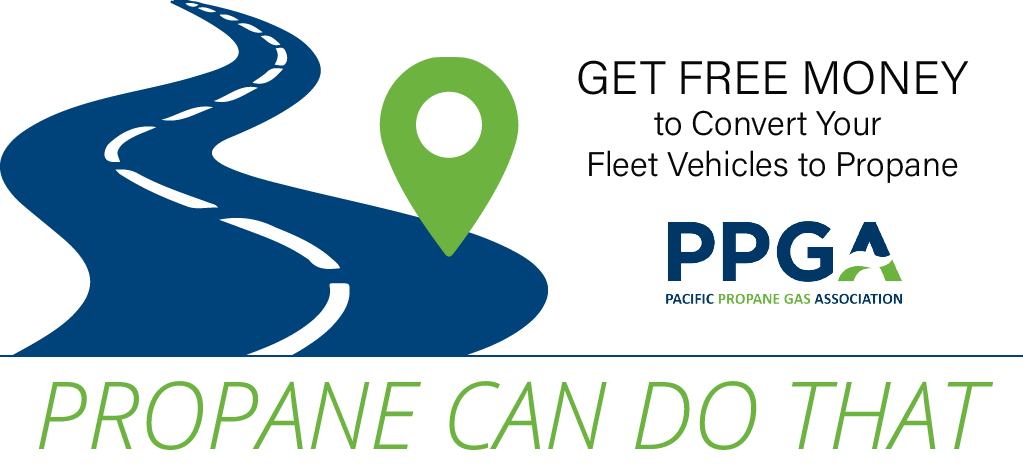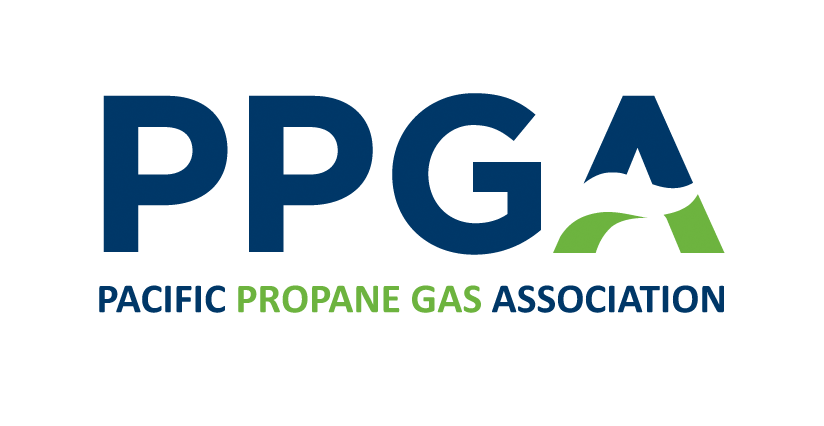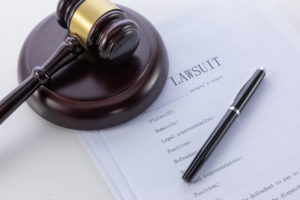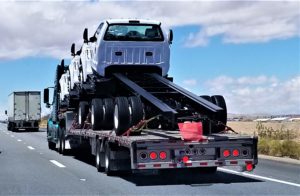The King County Department of Transportation (KCDOT) in Washington saves more than 50% per year on fuel costs for its propane fleet vehicles. They currently run 20 Ford E-series vans and F-series trucks, each equipped with a ROUSH CleanTech dedicated liquid propane autogas fuel system. With these 20 vehicles, 120,000 fewer pounds of carbon dioxide are emitted into the air each year, and KCDOT uses 15,300 fewer gallons of gasoline.
“Public fleets in particular have a responsibility to take the lead and take steps to achieve significant greenhouse gas reductions within their own fleets,” said Robert Toppen, Equipment Supervisor for KCDOT. “We take pride in doing what we can to protect our sensitive environment.”
“A big advantage is the low cost of propane autogas. Our propane autogas vehicles save us 50% in fuel costs alone – and that’s without any additional tax incentives.”
Robert Toppen, Equipment Supervisor for King County Department of Transportation
Although KCDOT powers more than 280 of their fleet vehicles on alternative fuels, including electric, compressed natural gas, ethanol and hybrids, they purchased the propane autogas vehicles to meet the needs of employees who carry tools to job sites. The under-mounted propane tank allows more room for transporting toolboxes and equipment. KCDOT also installed an onsite propane autogas refueling dispenser for employees. Through its contract with the propane distributor, the county received installation and training at no cost.
“Our technicians have completely accepted these propane autogas vehicles. There are no maintenance concerns at all.”
Robert Toppen, Equipment Supervisor for King County Department of Transportation
“A big advantage is the low cost of propane autogas,” Toppen said. “Our propane autogas vehicles save us 50% in fuel costs alone — and that’s without any additional tax incentives.” Historically, propane autogas costs 30 – 40% less than gasoline and 50% less than diesel.
“Our technicians have completely accepted these propane autogas vehicles. There are no maintenance concerns at all,” said Toppen.
In 1992, the EPA designated propane as an alternative fuel for it’s clean burning qualities. Propane autogas is the third most commonly used engine fuel worldwide, behind gasoline and diesel. Propane autogas burns cleaner than gasoline or diesel, with 20% less nitrogen oxide, 60% less carbon monoxide, up to 25% fewer greenhouse gas emissions, and fewer particulate emissions when compared to gasoline. The fuel is safe, non-toxic and clean, resulting in low maintenance costs over the lifetime of a vehicle.
Buying new propane autogas vehicles or converting your existing fleet to propane autogas is made easier with the $1,500 rebate available from the Pacific Propane Gas Association.




